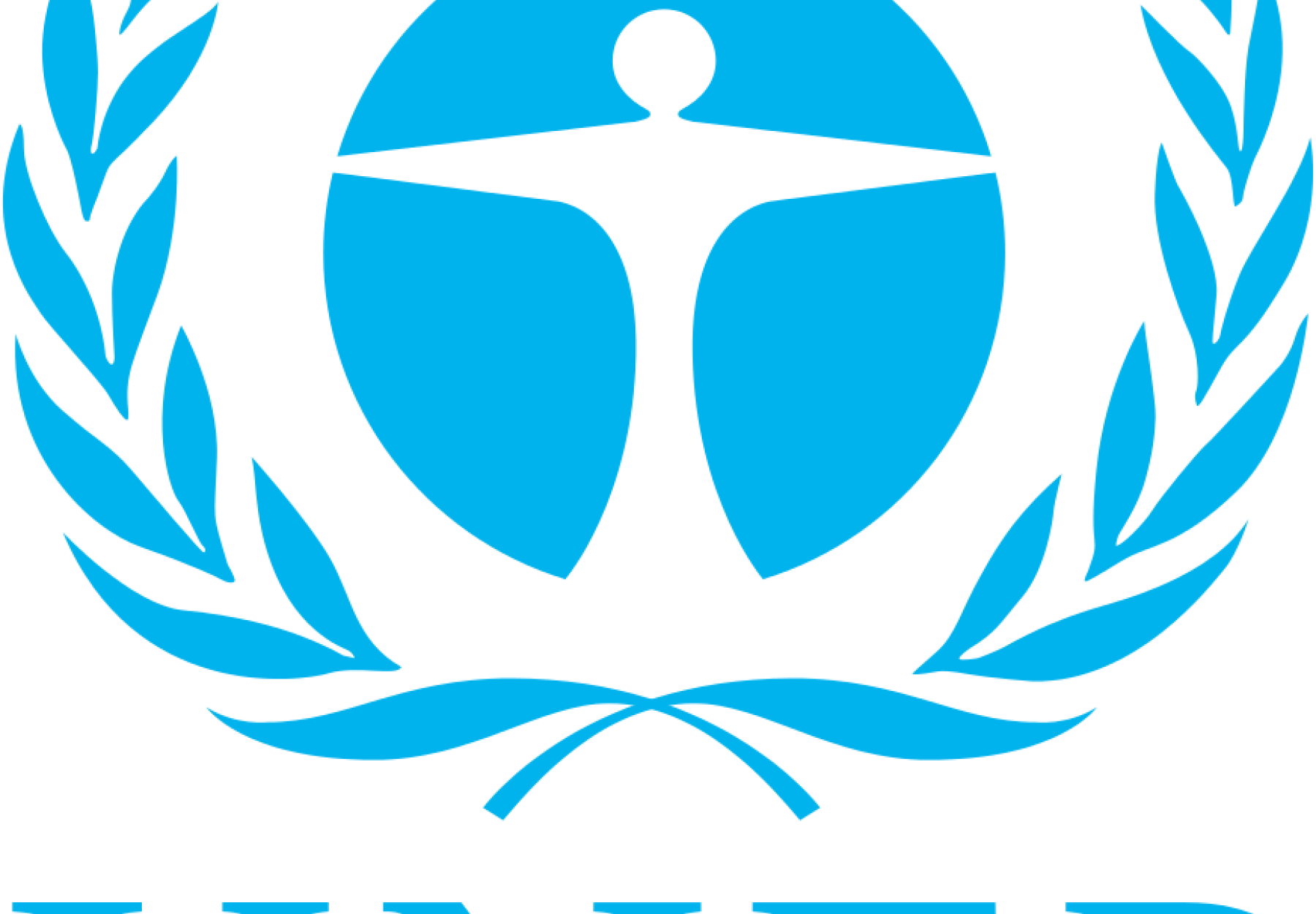
In March, 2016, Arab Group for the Protection of Nature received accreditation with observer status to the United Nations Environment Programme (UNEP). UNEP, established in 1972, is the primary agency which coordinated environmental activities within the United Nations.
Accreditation is the main entry point for policy dialogue in UNEP, and will allow APN to participate in the annual Regional Consultation Meetings and contribute to Regional Civil Society Statements which will form the base for the Global Civil Society Statement, comprised of recommendations to UNEP, Governments, and other stakeholders. APN will now also be able to receive unedited working documents from the United Nations Environment Assembly (UNEA) and to submit written contributions to these documents for distribution to Governments.
Accreditation will also allow APN to participate in all UNEA meetings, such as the plenary sessions of the Committee of the Whole, the Ministerial Consultations, and the Global Major Groups and Stakeholders Forum.This step towards increased engagement with UNEP will allow APN to broaden our participation in international forums. To date, APN has been very active within the Committee on World Food Security (CFS), International Union for the Conservation of Nature (IUCN), Food and Agricultural Organization of the UN (FAO), and the UN Economic and Social Commission for West Asia (ESCWA); in 2015 we also received special consultative status with the UN Economic and Social Council (ECOSOC).
APN’s involvements with these platforms comes as part of our Food Sovereignty program, through which we work to influence policies related to agriculture, food security and the environment at national, regional, and international levels. We have been particularly strong advocates for communities living in situations of conflict, war, and occupation, and the unique food and environmental challenges they face which are often overlooked in the development of global policies.